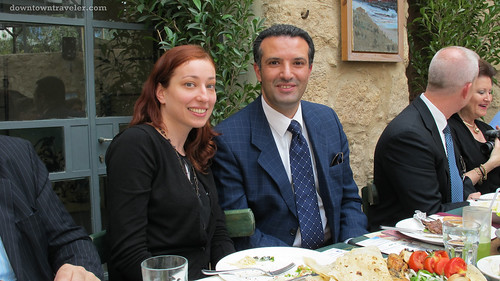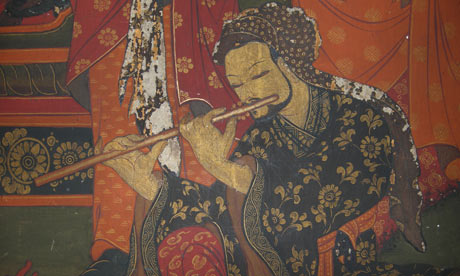May 3, 2011, 9:00 AM By GREGORY KRISTOF

Gregory Kristof, who took a gap year in China before starting college.
I’ve periodically recommended that high school students take a “gap year” after graduation, by deferring college entrance for one year. Most colleges encourage students to take a gap year, partly because students then arrive a little more mature, a little more ready to study, a little more worldly. It’s becoming a bit more common, and Princeton now pays for some kids to travel during their gap year, but most people are still wary of the idea. In fact, almost every kid I’ve talked to who has taken a gap year raves about the idea, so I thought I’d commission a guest column from my eldest son, Gregory, who is currently taking a gap year in China. He spent most of the year studying Chinese at Tsinghua University and then at a language school in Dalian, and soon he’s going to finish up the year studying Spanish in Peru. On the side, he worked and volunteered. Here’s his take:
–Nicholas Kristof
It took place on a frosty peak tucked away in the Tibetan highlands: my friend Rick and I walked in on a group of monks as they were on their knees, groaning.
They were performing secret rituals involving yak butter.
Peeking out from behind animal fur curtains, Rick and I hoped that they hadn’t noticed us yet. They hummed and sat in rows facing a stage of yak butter candles that threw images against the walls like kicked hacky sacks. Back in the shadows, I worried: What would happen if they saw two white dudes chillin’ behind the furs? Continue reading On the Ground with a ‘Gap Year’




